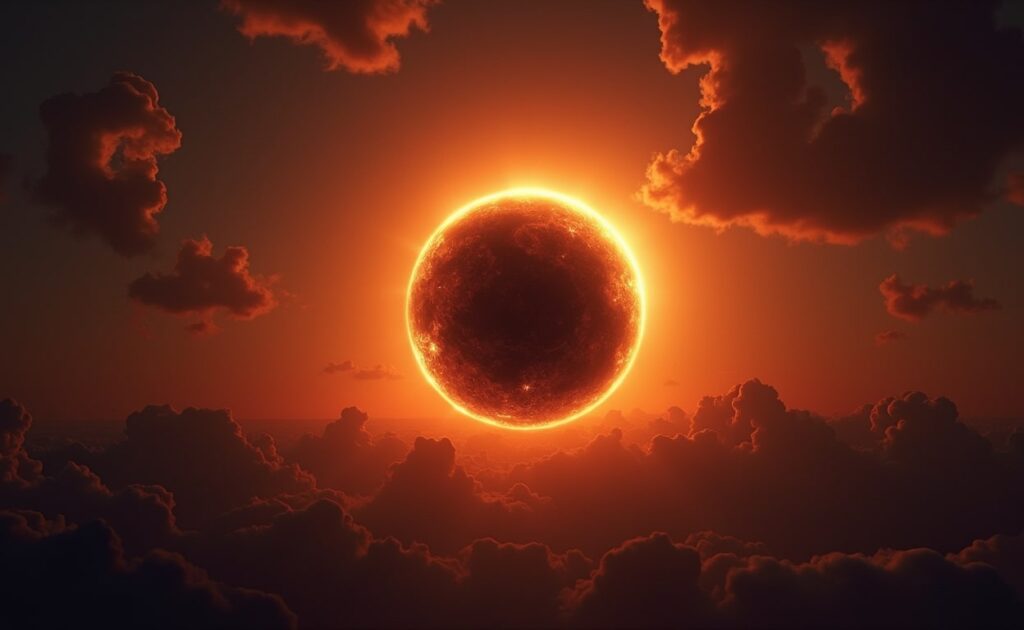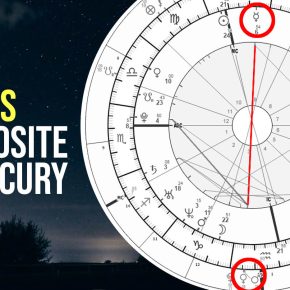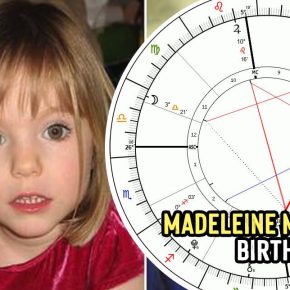Black Hole Sun is one of those songs that gets under your skin. Released in 1994, it’s easily Soundgarden’s most famous track, and yet nobody really agrees on what it “means.” Chris Cornell himself was pretty vague about it, which almost makes it worse (or better, depending on how you see it). The lyrics feel like a fever dream: fragmented, unsettling, strangely beautiful. For years, people have read them as commentary on depression, society, or the end of the world, but spiritually, the song has layers worth pulling apart.
What the Lyrics Suggest
The phrase “black hole sun” is already a contradiction. A black hole consumes everything, light included. The sun gives life and clarity. Put them together and you get an image that shouldn’t exist: light that destroys instead of giving life. That paradox sets the tone for the whole song, a world where nothing makes sense, where hope and despair collapse into each other.
Lines like “times are gone for honest men” and “heaven sent hell away” paint a world that’s morally upside down, where values have eroded and meaning is slipping away. The whole thing feels dreamlike, but not the kind of dream you want to stay in, more like one of those strange, heavy dreams where you wake up feeling unsettled and can’t quite shake it.
Destruction and Renewal
Spiritually, Black Hole Sun can be read as a song about destruction as a prelude to transformation. A black hole isn’t just an end… it’s a collapse into something unrecognizable, a kind of cosmic reset. When Cornell sings about the “black hole sun,” it’s easy to hear it as a metaphor for that force in life that strips everything down: depression, disillusionment, or the breaking apart of old systems and beliefs.
But then you get the refrain “wash away the rain.” It’s almost like a cleansing ritual. Rain soaks everything, muddies everything, but washing it away suggests renewal. So even inside all the darkness, there’s this hint that destruction clears space for rebirth.
A Mirror for the Inner World
For a lot of people, the song resonates with those times when life feels like it’s imploding. Depression, burnout, identity crises, your own private black hole. Everything familiar gets swallowed, and you’re left with emptiness. But like the song itself, there’s also this sense that after the collapse, something new is possible.
That’s why Black Hole Sun feels less like an anthem of pure despair and more like a ritual. It drags you through the shadows, but it doesn’t leave you there. It makes you sit with the paradox, light that destroys, endings that lead to beginnings.
Why It Still Hits
Part of the reason the song endures is that it doesn’t give clean answers. It just throws you into the chaos and forces you to feel it. Spiritually, that’s powerful. It’s the same process people describe in dark nights of the soul: the breakdown before breakthrough, the surrender before renewal.
In that sense, the Black Hole Sun is less an apocalyptic threat and more a spiritual symbol of collapse and rebirth. The sun burns out, the black hole swallows everything, and you’re left with silence, but also the possibility of starting over.












